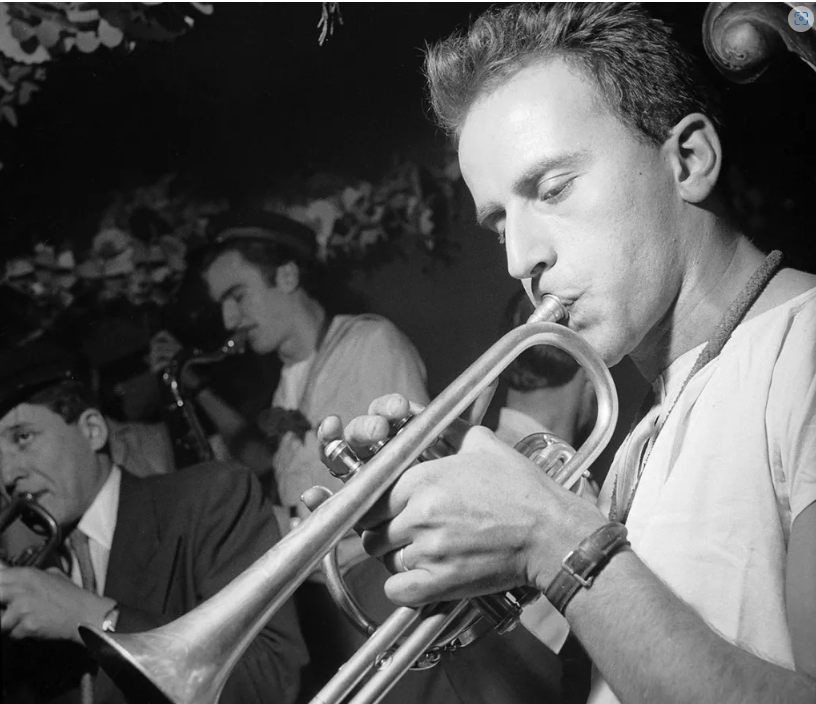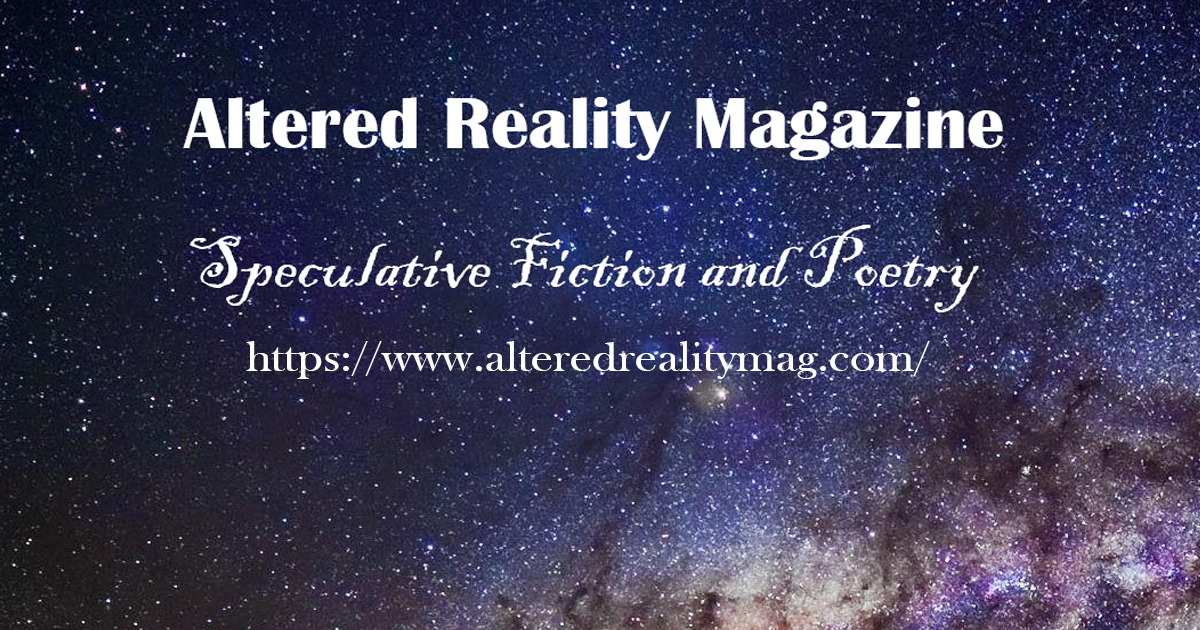Welcome back, my fellow creatives! I’m thrilled to continue sharing some lovely indie authors I’ve met in our community. This month, please welcome the explorer of the speculative, Alex Valdiers!
In our correspondence, you mentioned you began writing 25 years ago. I was like that as well! When I was four, I took to making picture books because I didn’t know how to write words yet. What was an early experience where you learned that language had power, or what experience led you to begin writing your own stories?
I remember vividly the day I decided to become a writer. I was 8 years old. At school, at that time when I was still interested in school, I was faster than the other kids. Whenever there was a test, I would finish it with plenty of time to spare, then I’ll get bored. To keep me occupied, teachers would send me to the school library. On a math test one day, I got sent to the library after I handed out my copy, but I didn’t want to read other people’s stories, I wanted to create my own. So I stayed in class and wrote my first short story. After the test, the other pupils asked me what I wrote, so I read it to them and the response was overwhelming. People were touched and reacted positively to something I had created. From that point on, my mind was made-up, I wanted to become a story-teller.

What literary pilgrimages have you gone on?
Until I turned 25, I wrote in notebooks. During my school days I changed establishments every year, spending two years in boarding schools. The first boarding school was very grim, very violent. I read a lot of Lovecraft back then and spent most of my free time writing similar stories in my notebooks (as we all did with Lovecraft!). At 18, I moved to Australia without a plan. I crossed the country, writing poetry, in buses, in cafes, by the beach, in the vineyards, etc. Then back in Europe, I took long walking trips across France and Belgium, notebook in hand, writing either poetry or plans for future stories. I wrote a lot in cemeteries, especially in Aachen, Germany. I used to visit the main cemetery once a month during my University days in Liege, Belgium. I wrote my best poetry amongst those green alleys full of history.
I have never been able to dabble in poetry, but it sounds like your writing crosses many mediums; you have written plays, novels, and poetry in your native French language. I’d love to hear your process on knowing what medium was the best structure for the story you wanted to tell! (That is, how did you know the story needed to be a play, or a novel, or a poem, etc.?)
At the time I wrote plays and poetry, I was very influenced by the French Surrealist and the Absurdist movements (Breton, Vian, Cocteau, Anouilh, Sartre, etc.). And I followed the Greek rule of unity for writing plays (1 action, 1 location, 1 day). When stories were about dialogue and mood, plays in four acts were my favorite medium.
For poetry, Pushkin and Charles Cros were my biggest influences, then there was L’Oulipo, a surrealist group of the mid-sixties and seventies pioneered by Queneau, Calvino, Perec, amongst many writers and mathematicians. L’Oulipo taught me one of the most important literary lessons which still influences me to this day, ‘literature as an art form is about shortcuts’. It’s about giving life to words and letting them take control of the narrative voice, it’s about links and ellipsis. Sometimes when I correct a draft and I feel my writing isn’t good enough, I go back to my Oulipo days to find an answer, a spark.
I only wrote novels when stories were character based and commended to be told in prose, in greater length.
Does writing energize or exhaust you?
I consider writers like pro athletes. When writing, you need to build stamina, amongst many things (habits, structure, etc.). When my job only allowed me to write once or twice a week, writing was mentally exhausting. I would do stints of 500 words, then would take a nap, start again, 500 words in 2 or 3 hours, then a nap, then again. At the end of the day, I would be drained.
Now, things are different, I have a low paying job with zero responsibilities, I get to write everyday, so I never unplugged and I’ve built great stamina. I can do stretches of 12 hours straight behind the desk, writing 5k on one story, correcting another, planning the next one. My energy reserves are rarely depleted. In fact, when I’m feeling down, physically and mentally, writing is the best remedy.
Five thousand words in one day?! That is AMAZING! Clearly, when you find your groove, you are in it. Now let’s flip this. What is your writing Kryptonite? For instance, when my children’s school principal calls, all desire to create leaves my soul. There’s no writing when there are school problems.
Money problems are an issue that can linger in my mind and block me for a few hours at a time. Otherwise, there’s hardly anything else. I’ve made space in my life for writing without restrictions and with time I’ve become more selfish, in a good sense.
As a teenager in France, growing up in violent environments (outside my family and hometown), fighting or schemes to avoid fighting were a big part of my life. My mind was so preoccupied by injustice, racism, violence, that I couldn’t even read at times. I got away from all this. It is part of the reason I’ve left France.
The United States definitely has its share of these problems as well. Reading, at least, helps us escape if but for a moment. What’s your favorite under-appreciated novel?
My answer to this question is about to become outdated because the TV show based on the novel is coming soon (with Kate Mulgrew!!), it’s The Man Who Fell To Earth by Walter Tevis (another atrociously translated writer in French). It is my favorite novel, I read it once a year. It’s the novel I would have liked to write. I connect on every level with Walter Tevis’ prose and his personal life. I get the true meaning of the novel, which I don’t want to spoil here. I’ll just say that what happens at the end of the novel is my greatest fear as a writer and a person.
So, this novel doesn’t really count, and if I answer Boris Vian’s L’Ecume des Jours (Froth on the Daydream), you’d think that’s an indie novel I haven’t heard about. It’s not an indie novel. It is one of the most read and celebrated novels ever written in the French language, and it will remain so for decades and centuries to come. According to a report from 2013, the novel has been selling between 80,000 and 270,000 copies every year since its second edition in 1962. Sadly, it is an impossible novel to translate (I wrote a short story about it entitled Missing Pages), because of its reliance on word meanings and figurative speech.
So, my true unsung novel would have to be Neverness by David Zindell. It’s one of those perfect novels, it has everything and more. I don’t understand why it’s not more read, and why it hasn’t been ‘rediscovered’ yet.

I admit, I had to look this one up. Seeing a title with “never” in it got me thinking immediately of Neverwhere by Neil Gaiman, but I see Neverness takes us to distant time and space for plenty of adventure. I’ll have to check it out! Are there any authors you disliked at first but then grew into?
There’s only one name that comes to mind, Stephen King!
Nowadays I read one Stephen King’s novel per week, but until December 2021, I had only ever finished one King’s novel, The Shining, which I disliked.
There’s a combination of factors at play which caused me to dislike King for many years. First of all, I was a dumb kid, swearing only by the classic authors, rejecting all popular and contemporary novels as garbage lit. Then, there were the translations. Reading a work in translation is hit or miss, in every language. SFF and Horror translations in France can be atrocious. I tried several times to read King as a child and teenager but I could not get past the atrocious writing. Yes, Stephen King’s pen in French is bad. It’s not the case in the original form though and it was The Gunslinger which finally got me into Stephen King, and allowed me, at last, to discover his wonderful craft.
You’re not the only one who ignored contemporary genre writing. My instructors in my graduate program were SHOCKED I mentioned Stephen King and writing fantasy. They drove us to focus solely on literary fiction; everything else was garbage. How dull the world would be without stories beyond our humdrum world! Still, I would be remiss if I did not admit that genre fiction–especially Scifi/Fantasy–can be prone to publishing in fads or phases. (The fad of Young Adult Dystopian fiction comes to mind.) Do you try more to be original or to deliver to readers what they want?
As a ‘rounder’ as I call all the writers who actively submit to pro-SFF markets, you have to read the latest SFF magazines and novels and see what the trends are. It gives you two indicators: what’s in demand and what is outdated or not wanted.
I always write the stories that I want, otherwise, I don’t get excited and the story turns out crap. So I’ll never write a story in a particular genre or fashion because it is what sells, I’ll write the kind of fiction I want to write and I’m very careful about avoiding all the unwanted tropes and themes.
When it comes to writing fantasy and your favorite genre of science fiction, we writers have to take special care to avoid those worldbuilding exposition dumps. Yet we also can’t just leave the reader to guess what on earth is going on by jumping into the middle of the action. How do you balance making demands on the reader with taking care of the reader?
I abide to Ben Bova’s rule about worldbuilding, borrowing is being lazy. Every SFF element has to come from my own pen and mind. I don’t do info dumps, I don’t explain how a tech or magic works, I show what it does. When writing dialogue, I place myself in my character’s shoes. When I speak to my siblings, we don’t reference the Indochina war that forced my mother to flee Laos in the 1950’s, we all know it. The same goes for characters in fiction, realistic dialogue doesn’t have infos dump about a war that happened fifty years ago or a tech breakthrough being explained. It’s assumed by the characters because it’s part of their lives. If you and I met today, you wouldn’t explain to me how a smartphone works, we both assume we know how they work. Infos dumps in dialogue are cringe and often lead to DNF.
Fantasy and science fiction also invite some delightfully creative approaches to naming folks, places, and so on. How do you select the names of your characters?
There are 3 types of scenarios. 1. The name comes by itself, early on, when I’m writing the outline of the story. 2. During pre-work, I get tired of writing ‘the female gunslinger with the rabbit tattoos’ and I make up a common name, like Jenny, Mary, Rose. Sometimes that name stays, sometimes I invest time to look for a more fitting name.
3. I decide the origin of the character, then look up websites with popular baby names per country. I pick one I have an affinity with, one that sounds right, but often I get inspired by a name and create a variation of that name. If the character is alien, I respect Asterix laws (from the Goscinny cartoons), names from a common alien origin must be consistent (e.g. in Asterix, all the villagers have named ending in -ix, in Rome all the name end in -us)
Ah, a blend of the ancient and the future with your name rules–I dig it! I love digging through name books for ideas, and those names sometimes help inspire certain traits in the character. What other kinds of research do you do, and how long do you spend researching before beginning a story?
The amount of pre-work can really vary, and I think the decisive factor is plotting. Stories that are heavily plotted require more work, from writing the plot outline, to writing key parts of the story beforehand, backstories for every character and locations, etc.
Stories relying on mood are much faster. I decide on the location, the theme and the characters I want to use for this particular story, then I just get on with the story without any pre-writing, research or backstory developments.
You’ve gotten quite a few stories into online magazines over the past couple of years. What are your favorite literary journals for reading and/or querying?
Escape Pod is the first mag that comes to mind, it is one of my objectives and dreams to be featured on this magazine. The quality of the stories is incredible. I read most stories on Daily SF, Hexagon, FIYAH, Interzone, Metaphorosis, Analog, F&SF, Clarkesworld, Beneath Ceaseless Skies.
We who love to write are definitely in it for the long haul, but we’d all be liars if we didn’t admit to those spells of discouragement. What motivates you to keep going when the publication process gets tougher than tough?
Writing isn’t a choice, it’s the way I live, nothing else can bring me fulfillment. With the years, I’ve eliminated everything that kept me from writing. I’ve reached a point of no return where becoming a pro writer is my only option. So now, even when I feel devastated after a story I cared deeply about gets turned down by a big market after being held up for consideration for weeks and months, I just take the hit and I get back to work, because there’s nothing else for me to do. History and experience proved that stories are rejected for a reason, even if one doesn’t see at the time. One has to keep writing, keep improving and then the issues with a particular story become clear.
Thanks so much for taking time to chat, Alex! It’s been wonderful to hear from another lifelong lover of words. Feel free to plug anything you’d like.
I want to shout out to the editors and staff of all the pro, semi-pro and non-paying SFF markets out there. We know most of those magazines are run at a loss and outside the SFF writing world, not many people know who the people behind the scenes are. The work, the efforts and sacrifices they put in to discover, develop and support new and existing writers is a gift. These ‘infrastructures’ are the reason I left France, one of the dominant literary countries in the world, yet the infrastructures are not there in France. There are no short story markets for emerging writers to graduate from, SFF is disregarded as a genre, and the only option for emerging writers to break in, is write a full novel then hope it will get picked up by a major publisher. However, there’s a lot going on behind the scene, who the author is, what her or his social and ethnic origins are sadly more decisive than the novel itself.
Writing in France is still an elitist affair. If it’s the case in France, I can only imagine what the publishing industries are like around the world, especially in countries we are less accustomed to reading writers from, such as Sudan, Kazakhstan, Vietnam, Venezuela, etc. I cannot help but think about the countless talents our civilizations have lost because the country these people were born in had no infrastructure to develop their talent and give them a chance to be read. It saddens me, and I didn’t want to be a victim of these inequalities by staying in a country where publishers berated me for my skin color or who I was.
Therefore, it truly is a chance and a privilege to have all those SFF markets willing to read and give a chance to any writer in the world, regardless of her or his origins and social status. For that I am grateful beyond measure.
What a powerful message! Yes, thank you to all who help make these markets of the fantastic and impossible possible for the indie writer. Folks, I hope you’re able to check out Alex Valdiers’ stories in the links sprinkled throughout the interview.
~STAY TUNED!~
It’s time to take a trip down the Nile. How many folks do we take along? It should be up to you. Or is it up to the plot? Hmmm…..

Read on, share on, and write on, my friends!






